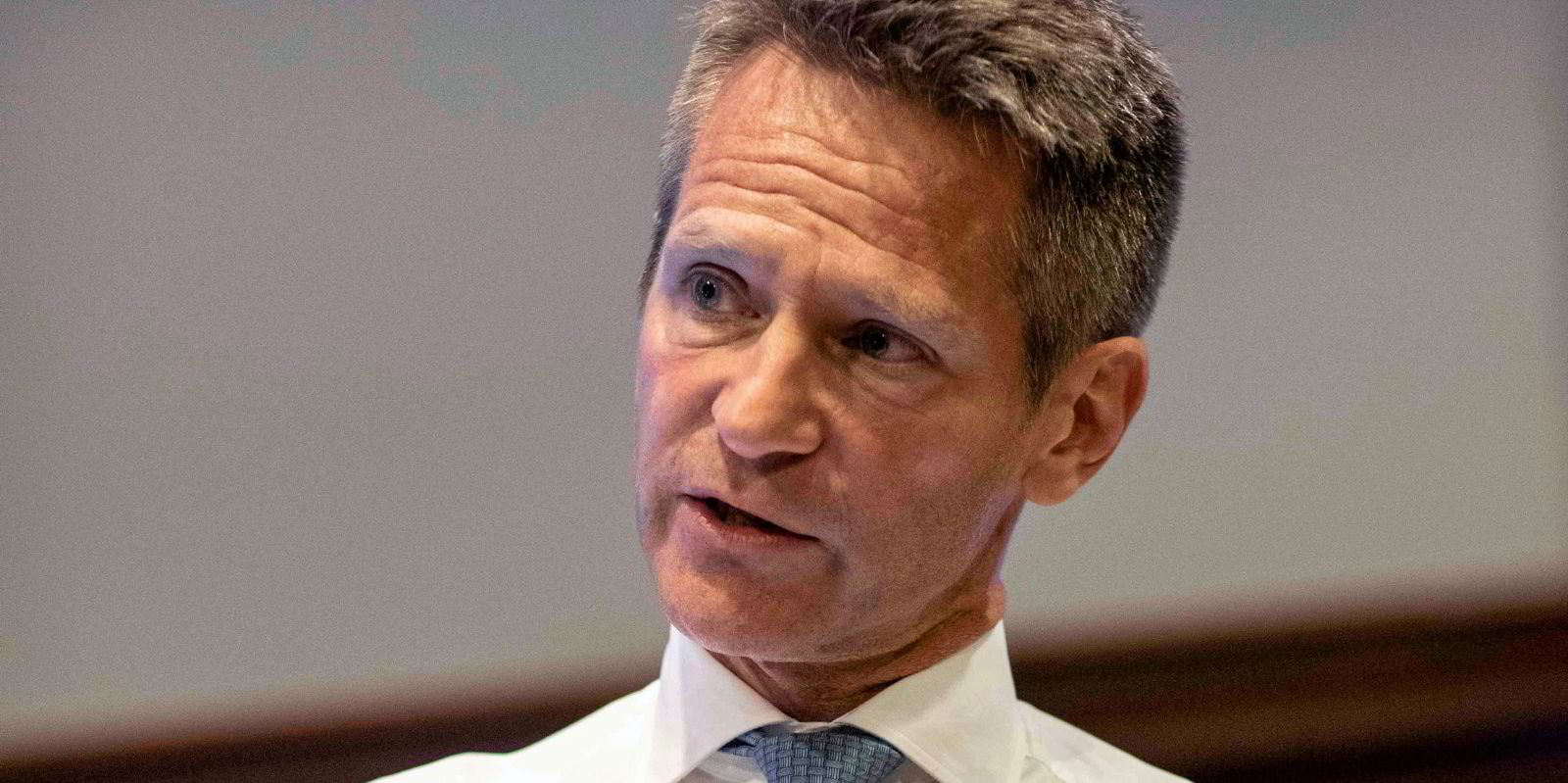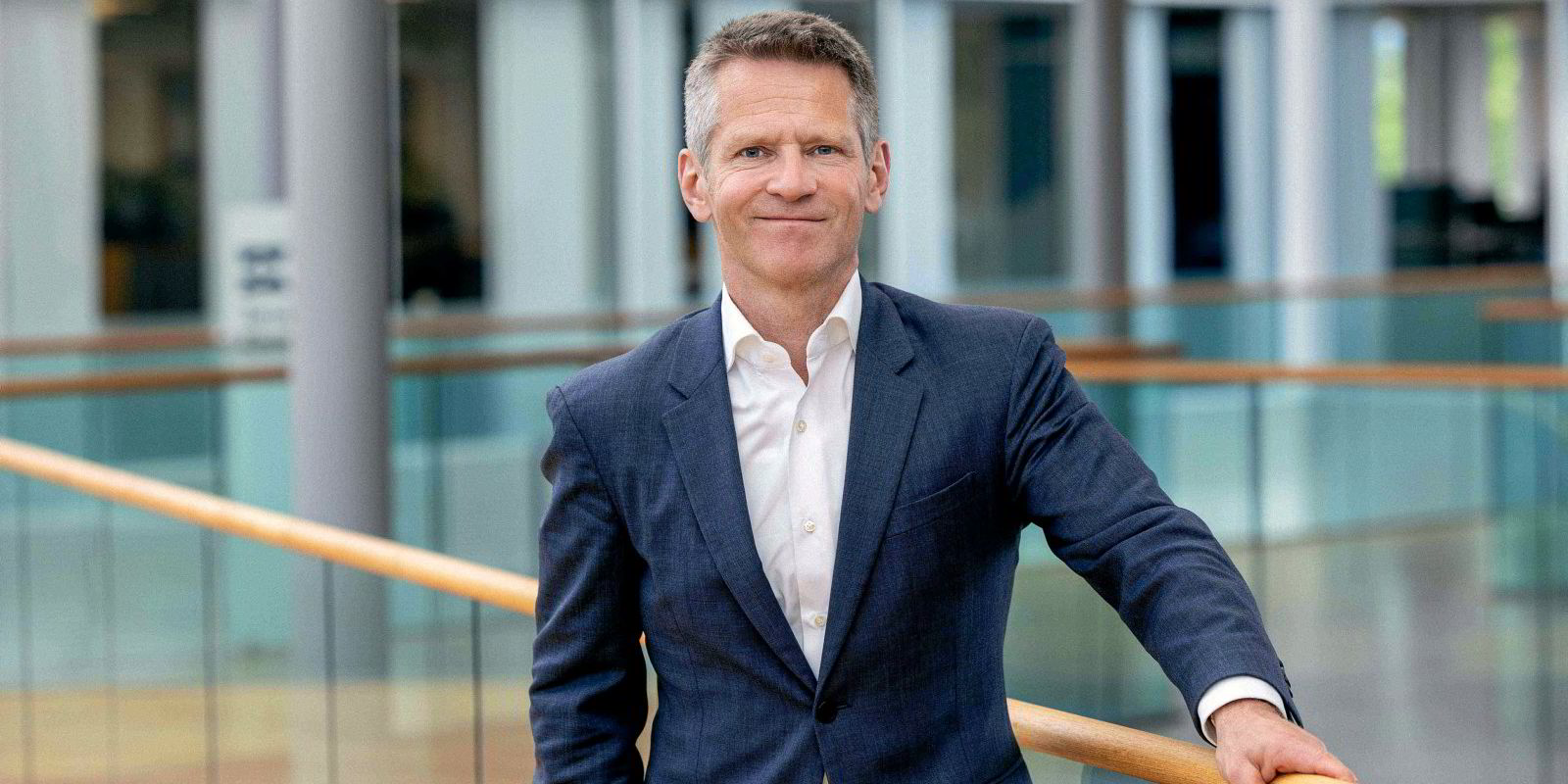Klaveness Combination Carriers (KCC) has signed a preliminary deal to book three newbuildings at a Chinese yard for a total cost of nearly $182m, with the ships aimed at replacing less efficient vessels in the company’s fleet.
The Oslo-listed shipowner said it signed a letter of intent with Jiangsu New Yangzi Shipbuilding to book three Cabu III newbuildings.
The newbuildings represent the next generation of its Cabu-class combination carriers, which can carry caustic soda solution, floating fertiliser and molasses as well as all types of dry bulk commodities.
The ships, which are expected to be delivered by the Yangzijiang Shipbuilding-controlled yard between the first and third quarters of 2026, will have a contract price of $56.4m apiece. That is somewhat higher than the price that chief executive Engebret Dahm said they might cost earlier this month.
KCC said they will have a total estimated delivery cost of $60.5m to make them zero-emission ready and to pay for shipyard supervision.
The Cabu III ships will replace existing Cabu I vessels built in 2001 and 2002, offering 25% to 30% higher earnings capacity.
KCC said they also will have about 35% lower CO2 emissions because of their increased cargo-carrying capacity and lower fuel consumption.
The Norwegian company — a spin-off of Torvald Klaveness — touts its combination carriers as a more efficient platform from the start, because their ability to carry wet and dry cargoes minimises ballast journeys.
“The Cabu III newbuilds are key for KCC to position the company for expected growing caustic soda import volumes to Australia and for meeting its ambitious targets of an approximately 45% reduction in its carbon intensity within 2030 relative to its actual 2018 performance,” the company said.
As it announced the deal, KCC said it was contemplating a private placement of shares, whose ultimate size will be decided by the board of directors, to raise cash. By the day’s end, the shipowner said it completed the sale of 7.86m shares for NOK 550m ($50m).
The company hired investment banks ABG Sundal Collier, Clarksons Securities and DNB Markets to act as joint book runners on the deal.
KCC said the fundraiser will pay for part of the newbuildings, with the remainder coming from cash on its balance sheet and 60% debt.





